Running Exercises
From a few minutes on the treadmill to a full-blown marathon, running is an achievable way to reach your health and fitness goals. But whether you’re just keeping up your cardio, or are hoping to boost your speed or endurance, it’s worth training carefully in the gym to ensure you’re achieving peak performance on every run. Find out more with our guides below.
Latest post
Latest Post

Running Posture
Our ultimate guide for runners will help you improve your running posture no matter what your goal.
Read MoreLatest Posts
 The Ultimate Running Posture Guide
The Ultimate Running Posture Guide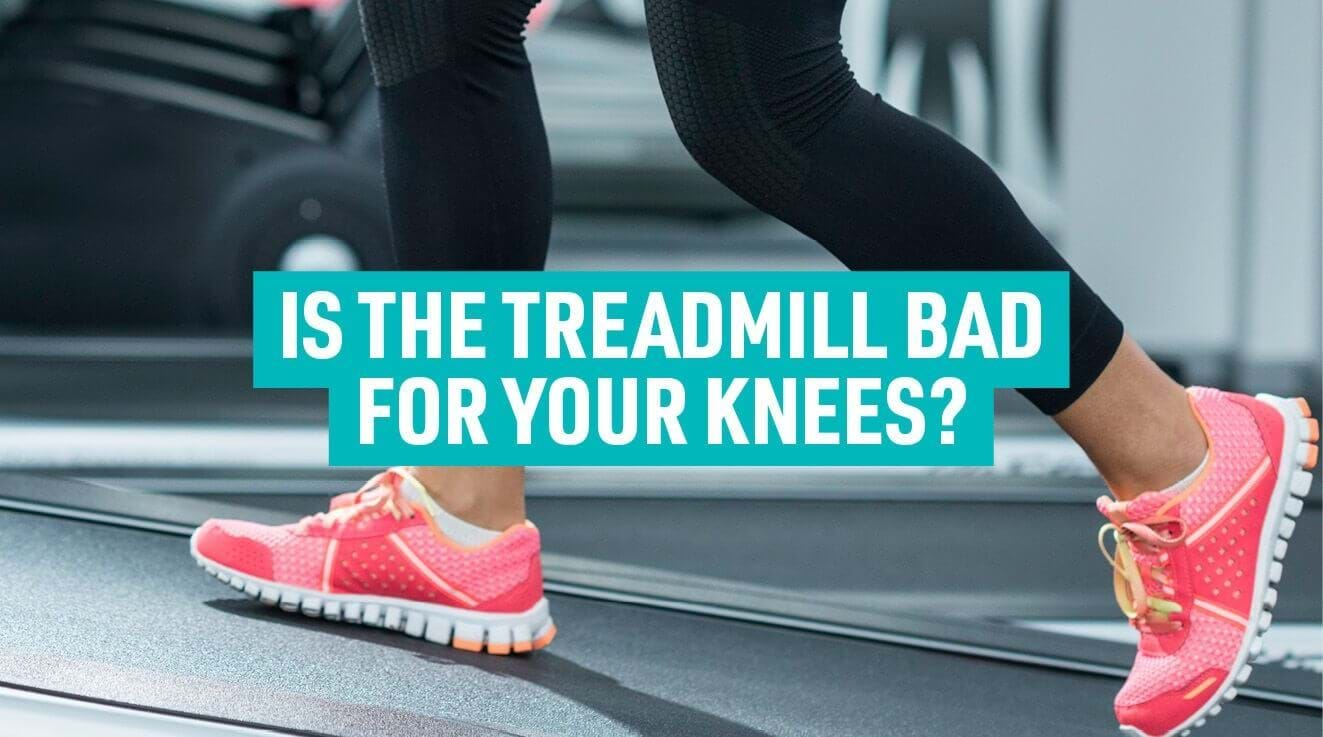 Is The Treadmill Bad For Your Knees?
Is The Treadmill Bad For Your Knees?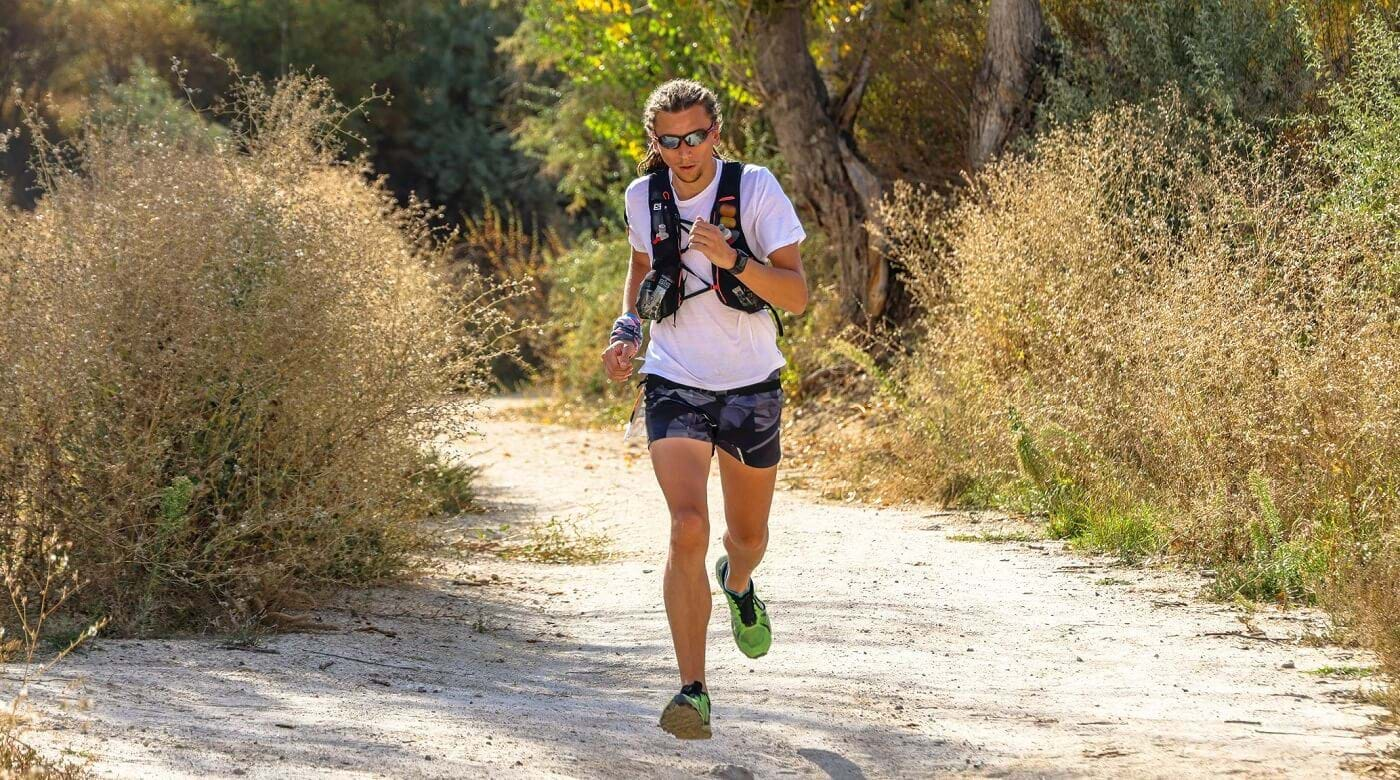 How To Train For Your First Ultramarathon
How To Train For Your First Ultramarathon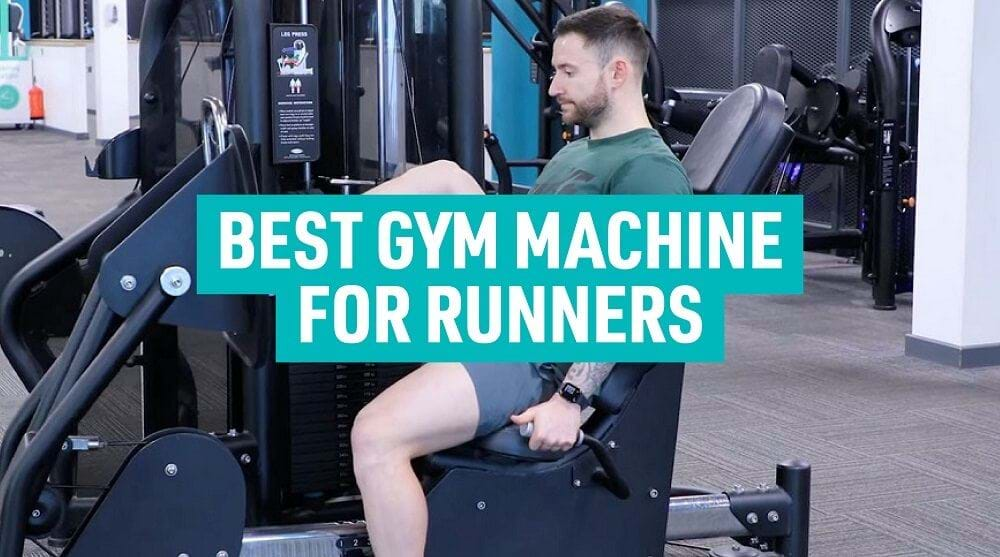 Best Gym Machines For Runners
Best Gym Machines For Runners Mud Run Challenge Training Plan and Tips
Mud Run Challenge Training Plan and Tips Exercise Bike vs Treadmill: What’s Better To Train With?
Exercise Bike vs Treadmill: What’s Better To Train With?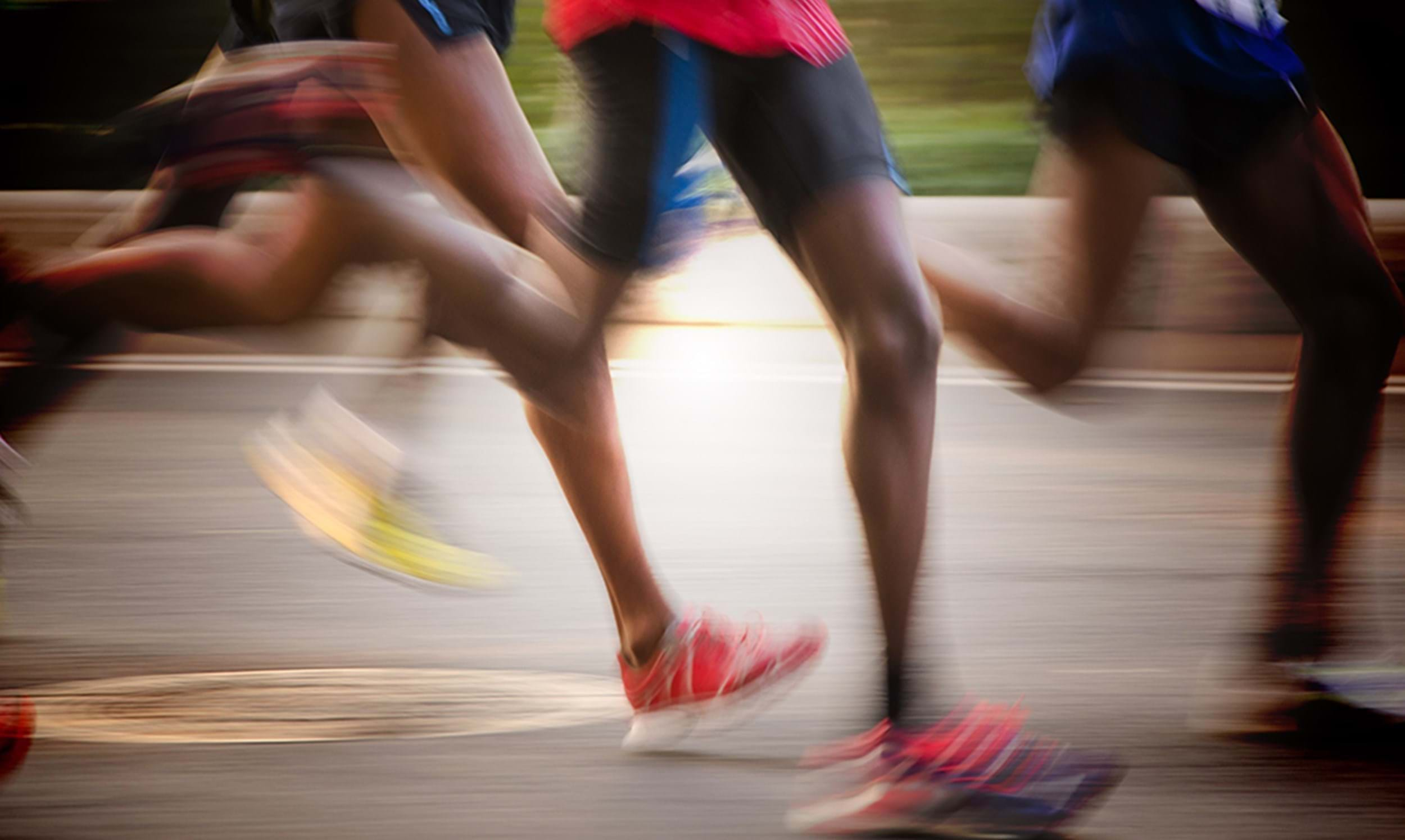 How to Prepare For Your Race, Whether You're Running a 5k or a Marathon
How to Prepare For Your Race, Whether You're Running a 5k or a Marathon Treadmill vs Cross Trainer: Which One Should You Use?
Treadmill vs Cross Trainer: Which One Should You Use? How Running Shapes Your Body, Boosts Fitness, And Uplifts The Mind
How Running Shapes Your Body, Boosts Fitness, And Uplifts The Mind How To Increase Stamina And Endurance For Running
How To Increase Stamina And Endurance For Running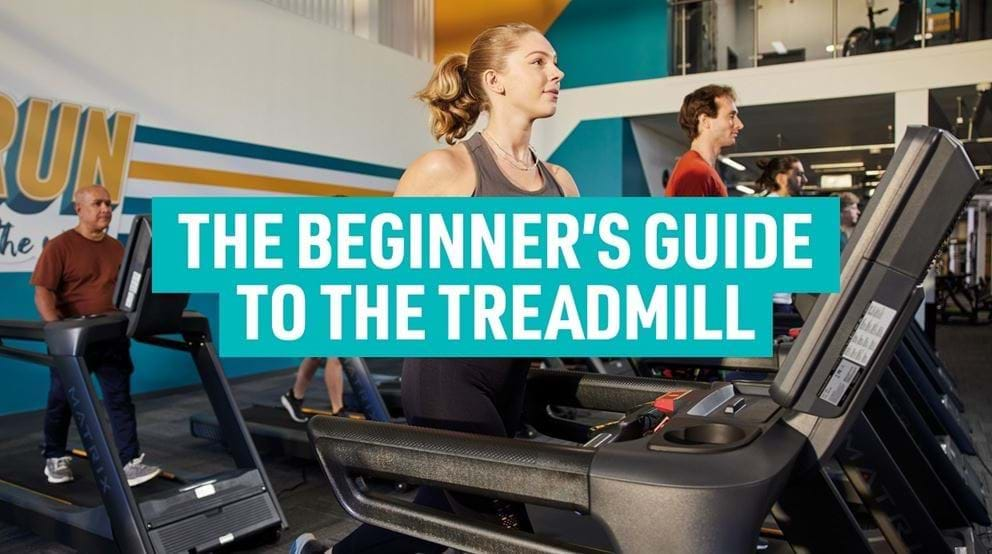 The Beginners' Guide To The Treadmill
The Beginners' Guide To The Treadmill Post-Run Stretches (And Why They're So Important)
Post-Run Stretches (And Why They're So Important)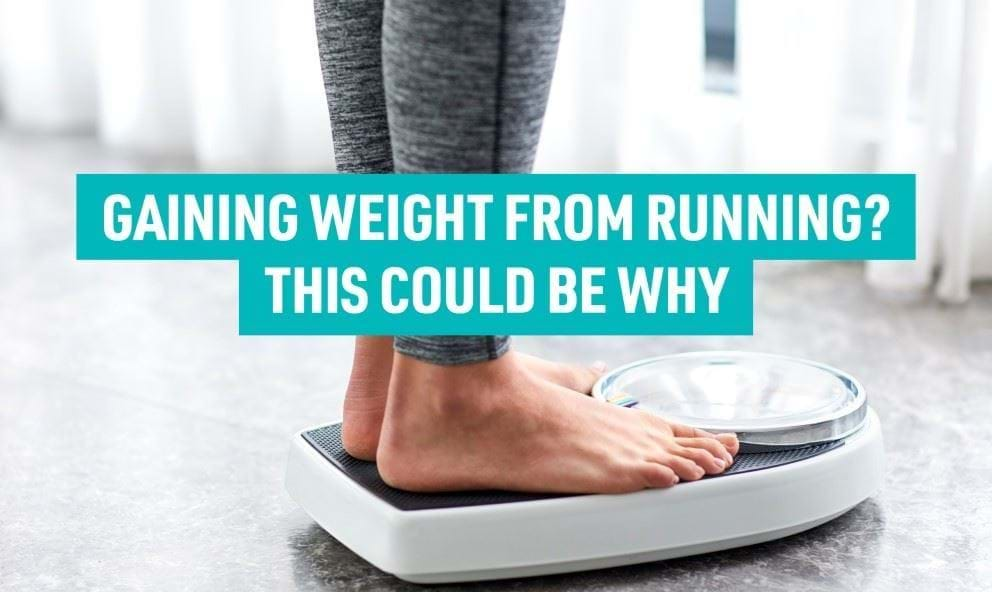 Gaining Weight From Running? This Could Be Why
Gaining Weight From Running? This Could Be Why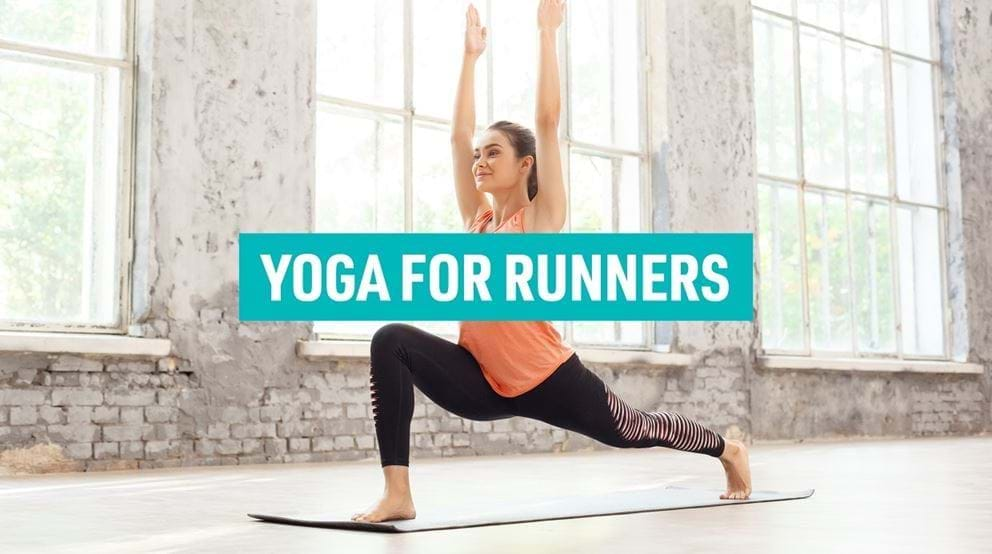 Yoga for Runners: Why You Should Do It, And 4 Poses To Start With
Yoga for Runners: Why You Should Do It, And 4 Poses To Start With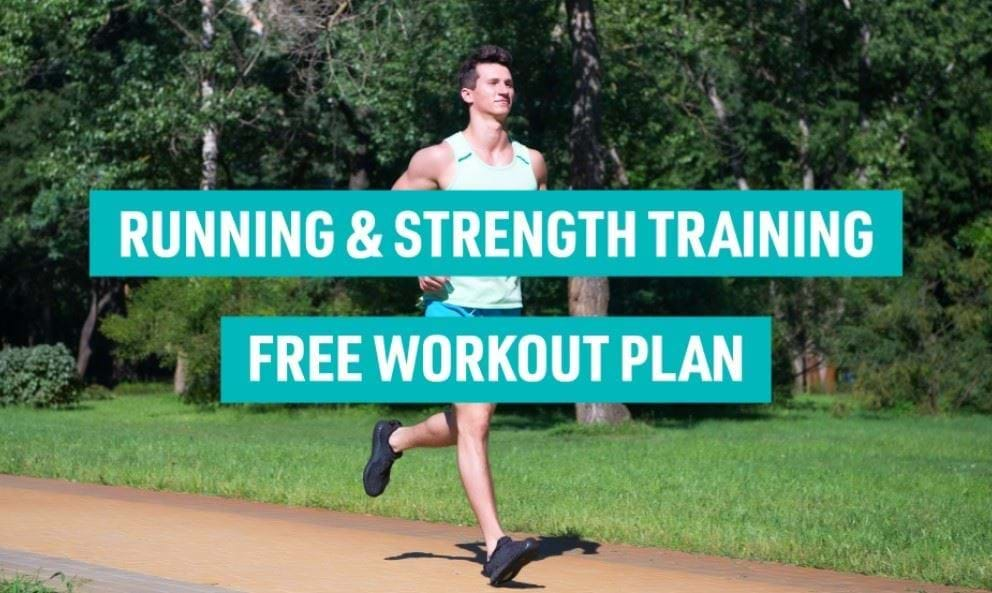 Running And Strength Training Workout Plan
Running And Strength Training Workout Plan Your Marathon Training Diet Advice and Plan
Your Marathon Training Diet Advice and Plan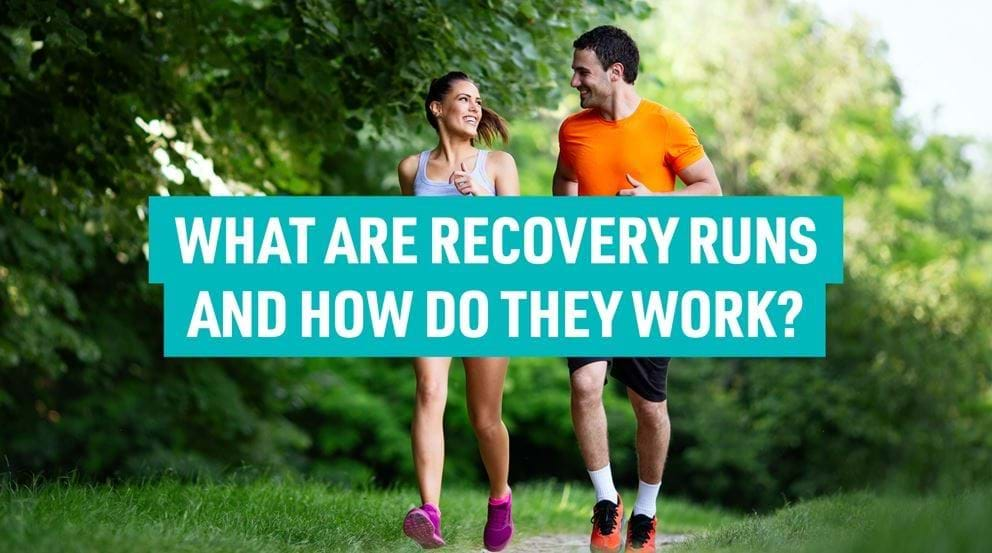 What Are Recovery Runs And How Do They Work
What Are Recovery Runs And How Do They Work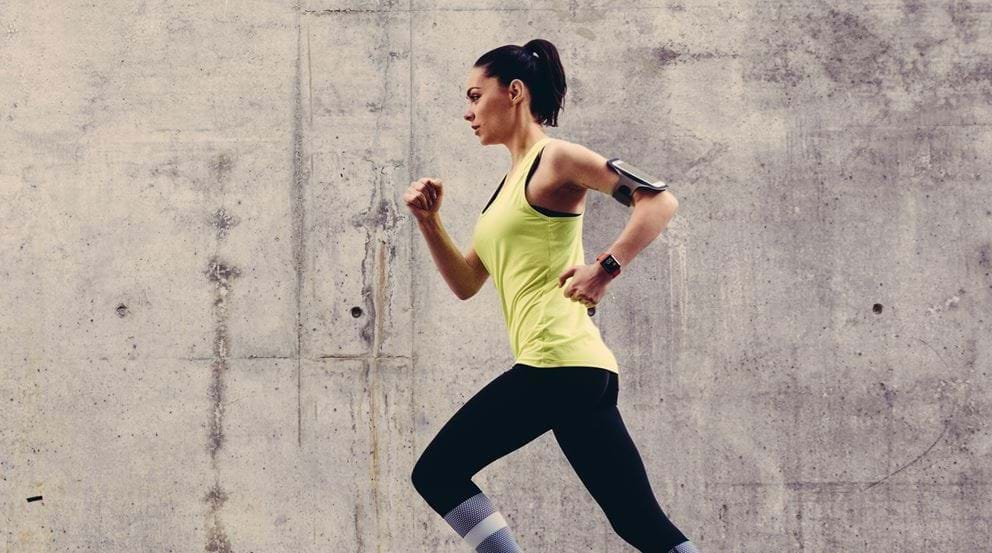 Running With A Cold: Should You Run If You Feel Ill?
Running With A Cold: Should You Run If You Feel Ill?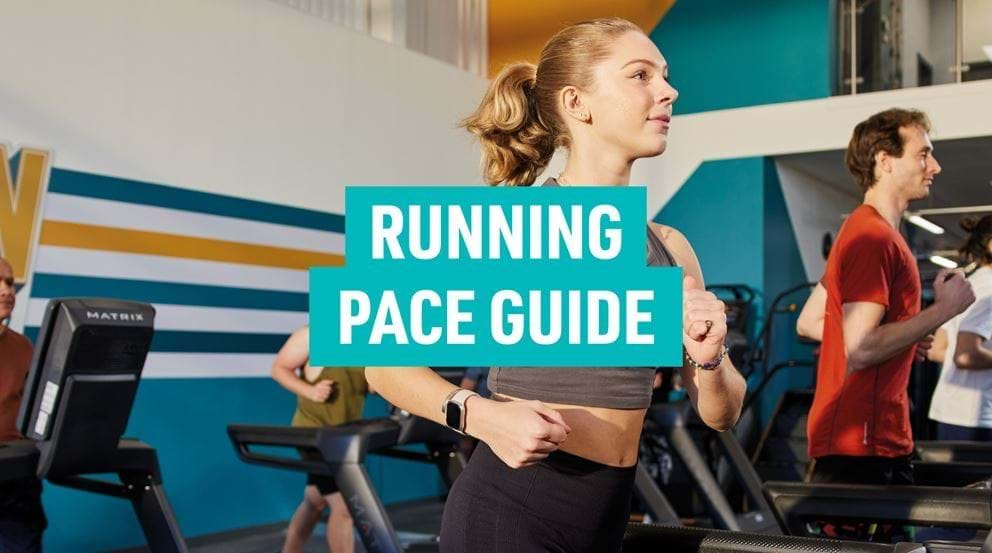 Running Pace Guide
Running Pace Guide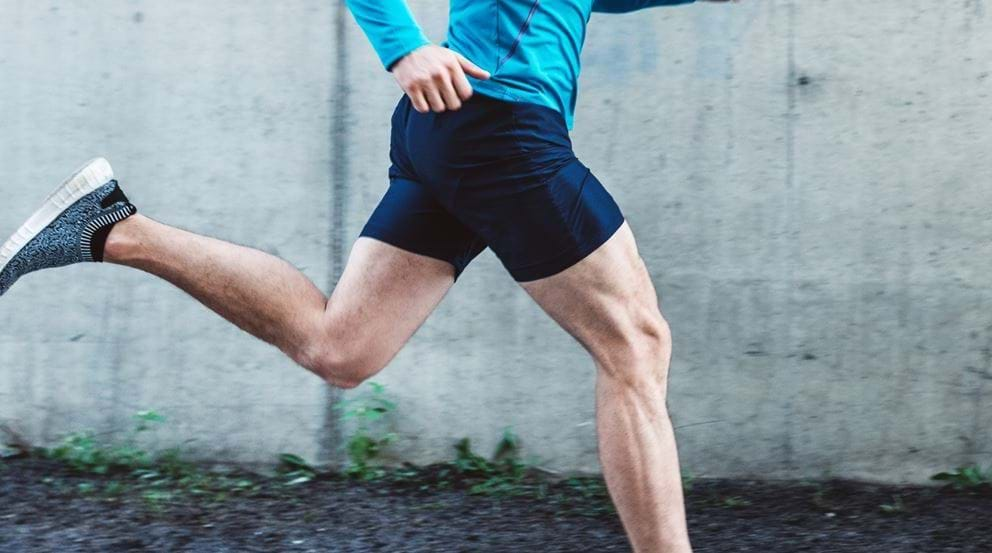 Running Knee Pain: Your Questions Answered
Running Knee Pain: Your Questions Answered Jogging For Beginners
Jogging For Beginners How To Breathe When RunningTraining your way to 10K
How To Breathe When RunningTraining your way to 10K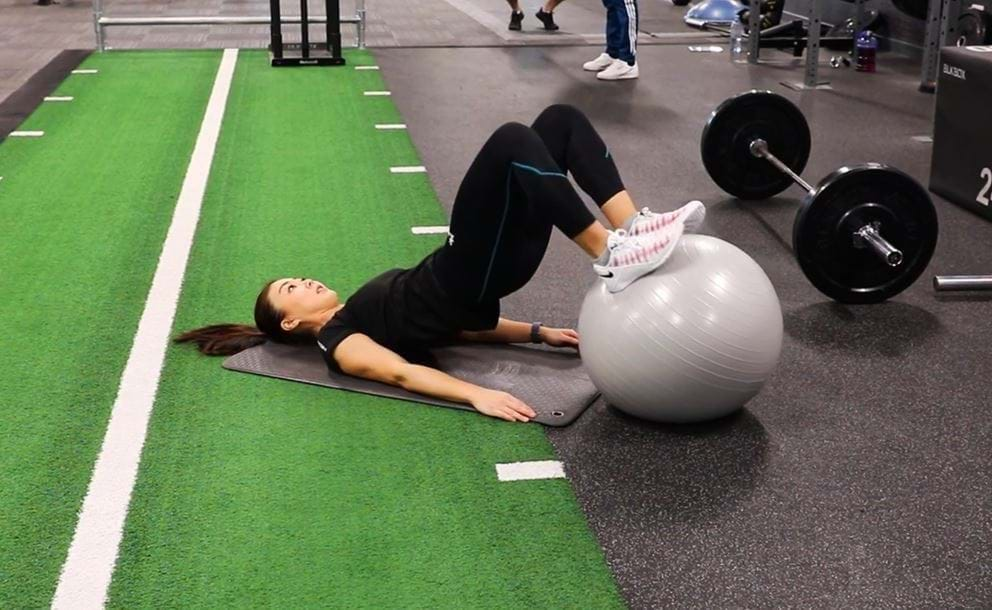 Strength Training For Runners
Strength Training For Runners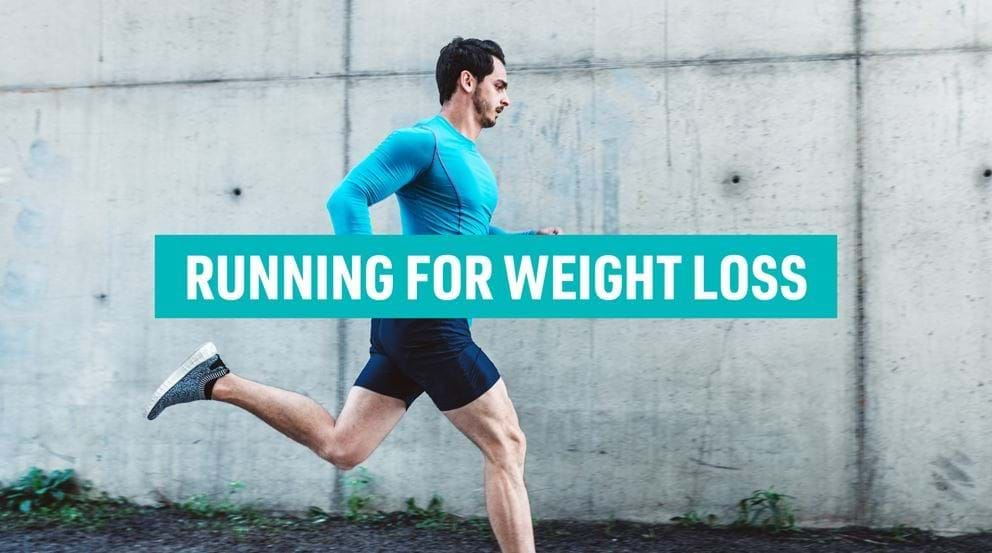 Running For Weight Loss
Running For Weight Loss What To Eat Before And After A Long Run
What To Eat Before And After A Long Run Interval Running Workouts to Boost Your Training
Interval Running Workouts to Boost Your Training Your Guide to Virtual Running Races & How They Work
Your Guide to Virtual Running Races & How They Work Your Half Marathon Training Plan
Your Half Marathon Training Plan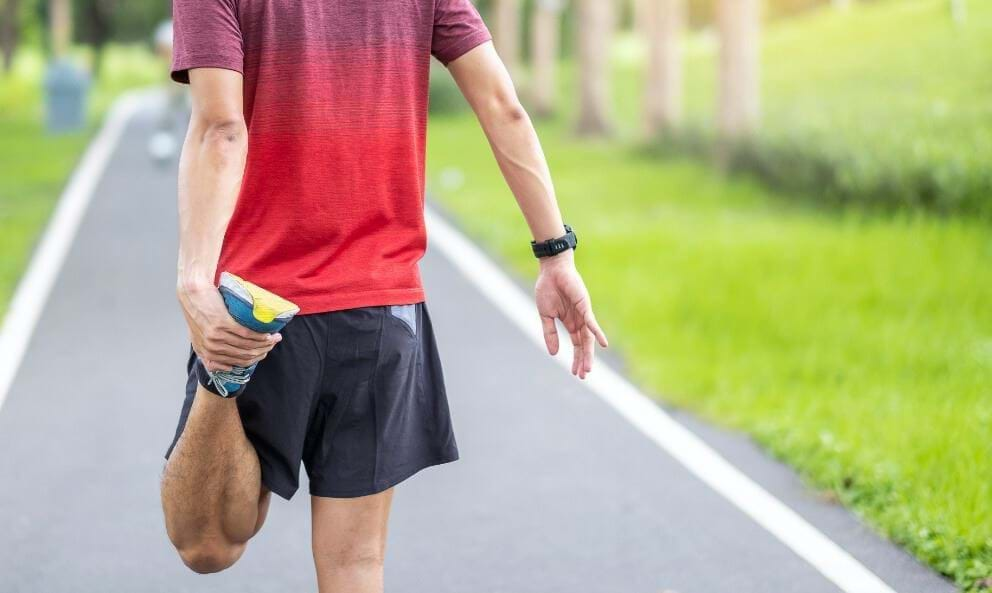 Your Full Marathon Training Plan - 16 & 20 Weeks
Your Full Marathon Training Plan - 16 & 20 Weeks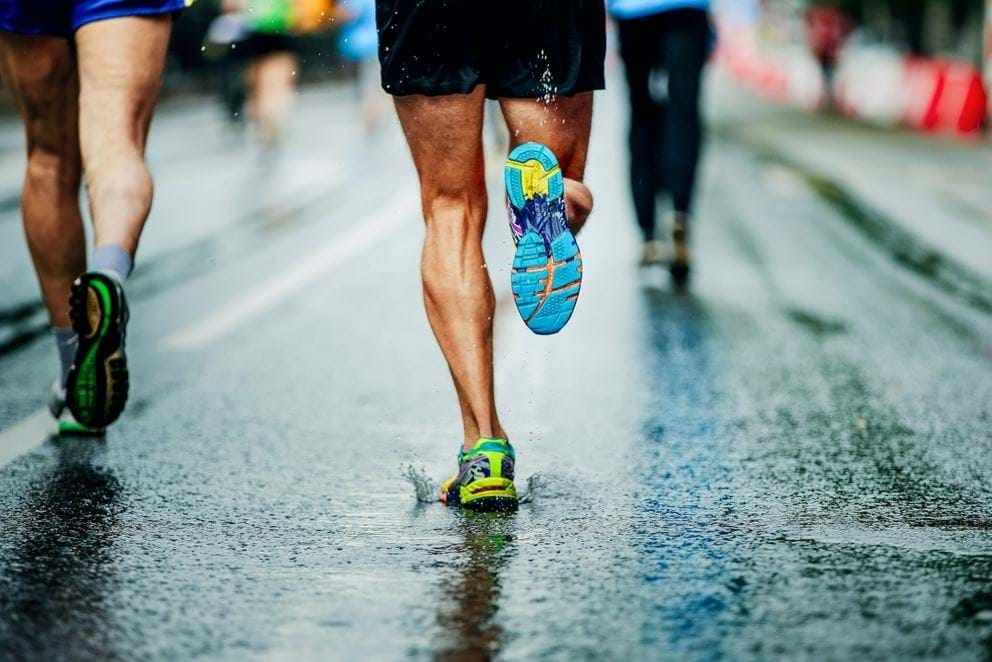 Choosing the right running shoes
Choosing the right running shoes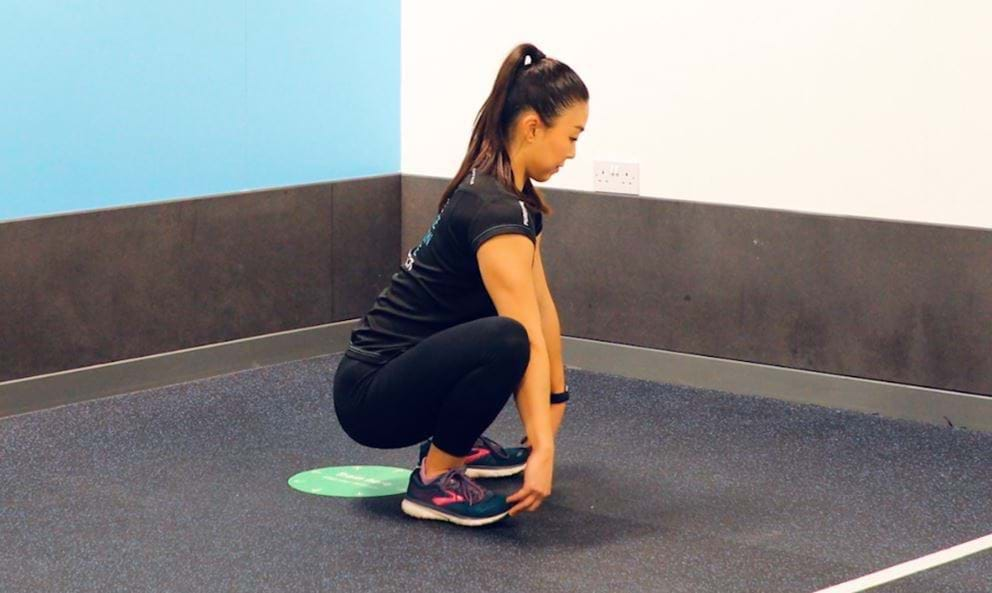 Warm up exercises for runners
Warm up exercises for runners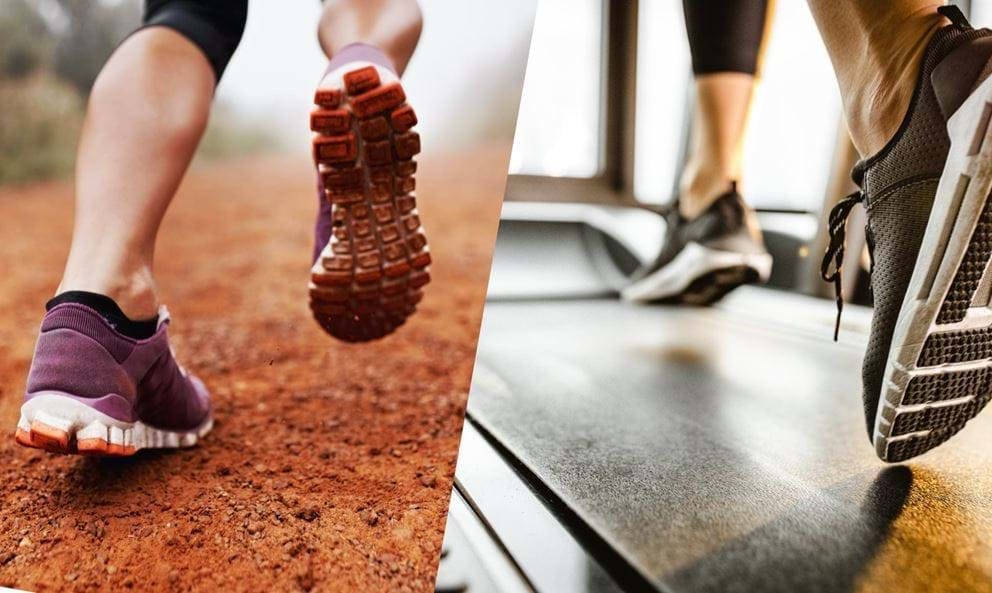 The Benefits of Running on a Treadmill vs Running Outside
The Benefits of Running on a Treadmill vs Running Outside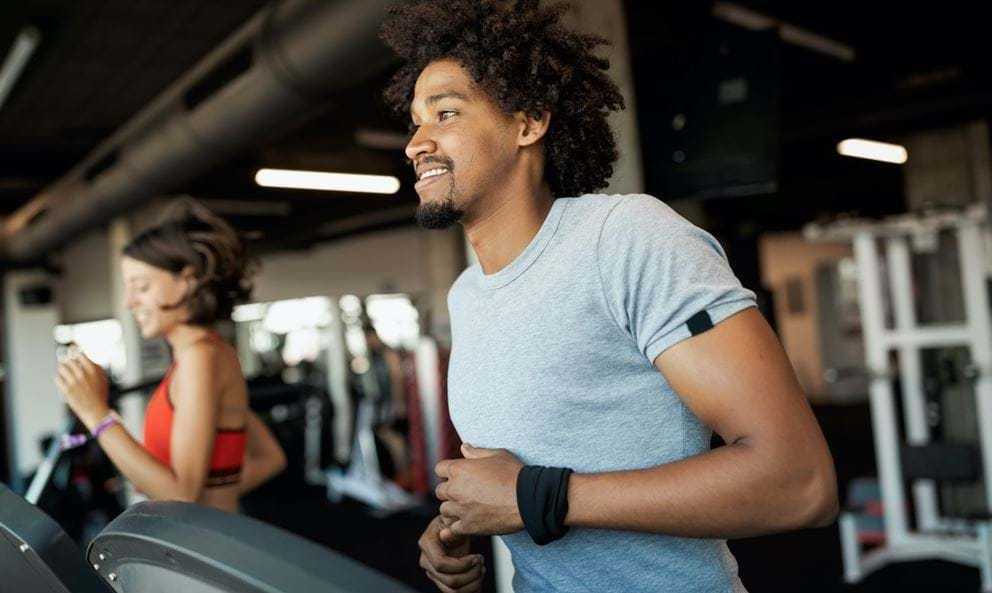 A Guide to Treadmill HIIT Workouts
A Guide to Treadmill HIIT Workouts 8 Essential Marathon Training tips
8 Essential Marathon Training tips 5 of the Best Sprint Workouts to Improve Speed
5 of the Best Sprint Workouts to Improve Speed Beginners 5K Run Training Plan and Tips
Beginners 5K Run Training Plan and Tips